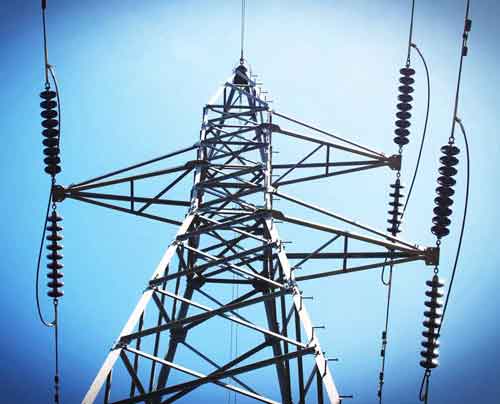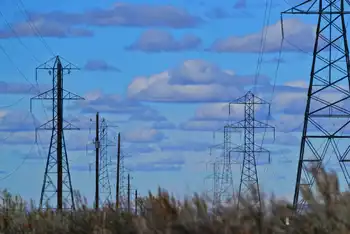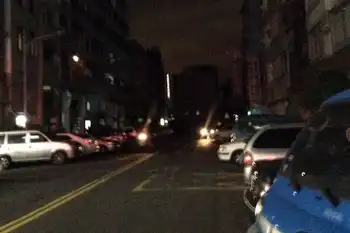Wisconsin court tosses local wind turbine regulations
By Associated Press
Electrical Testing & Commissioning of Power Systems
Our customized live online or in‑person group training can be delivered to your staff at your location.

- Live Online
- 12 hours Instructor-led
- Group Training Available
Local governments cannot pass broad rules dictating how far wind turbines must be from other buildings, how tall they can be or how much noise they can produce, the Waukesha-based District 2 Court of Appeals ruled.
Instead, municipalities must consider each project on a case-by-case basis and only restrict them to protect public health or in a way that does not affect a system's cost or efficiency, the court said.
The decision struck down a Calumet County ordinance that set height, noise and setback requirements for turbines, but lawyers said its impact would be felt statewide.
Curt Pawlisch, a Madison lawyer who lobbies on behalf of wind energy advocates, said the ruling effectively invalidates roughly a dozen different ordinances adopted by counties, towns and other municipalities.
"All the ordinances that tried to adopt standards of general applicability are out the window," he said.
Wind energy advocates say the local rules have stalled numerous projects worth hundreds of millions of dollars, slowing investment in a renewable energy and killing potential jobs. Supporters say they have protected nearby properties from a negative effects such as loud noise.
State lawmakers are considering a bill that would require the Public Service Commission to set uniform rules for the projects statewide and prohibit municipalities from adopting stricter regulations. Right now, the commission only approves the largest projects, those capable of producing more than 100 megawatts of electricity.
The Assembly Committee on Energy and Utilities voted 10-2 last month for the bill, which is backed by business, labor, environmental and farm groups.
Rep. Jim Soletski, D-Green Bay and a bill sponsor, said he hoped it would pass both houses of the Legislature later this year and the recent ruling gives it more momentum. Some lawmakers from areas with restrictive ordinances had opposed the bill but now may have reason to support it, he said.
Uniform rules are still needed statewide because it's unclear how each municipality will apply the decision, Pawlisch said.
A group called the Coalition for Wisconsin Environmental Stewardship has formed to oppose a statewide standard. The group says improperly sited wind farms can hurt property values, create too much noise and even send constantly flickering shadows into homes.
The ruling involved farmers who wanted to add a few wind turbines to their farm so they could sell power back to a utility to generate income.
When Calumet County learned of the proposal in 2004, it put a moratorium on new wind turbines and then adopted an ordinance restricting them. The farmers filed a lawsuit claiming the county exceeded its authority.
The appeals court agreed, saying state law promotes alternative energy sources such as wind and discourages restrictive local regulations.
"The court got it right," said Elizabeth Rich, a lawyer for the farmers. "There is a strong policy favoring renewable energy sources like wind in Wisconsin and not favoring a crazy quilt of local ordinances trying to regulate wind in different ways in each municipality."
The wind turbines can't be built just yet in Calumet County. The case now goes back to a lower court for additional proceedings.











